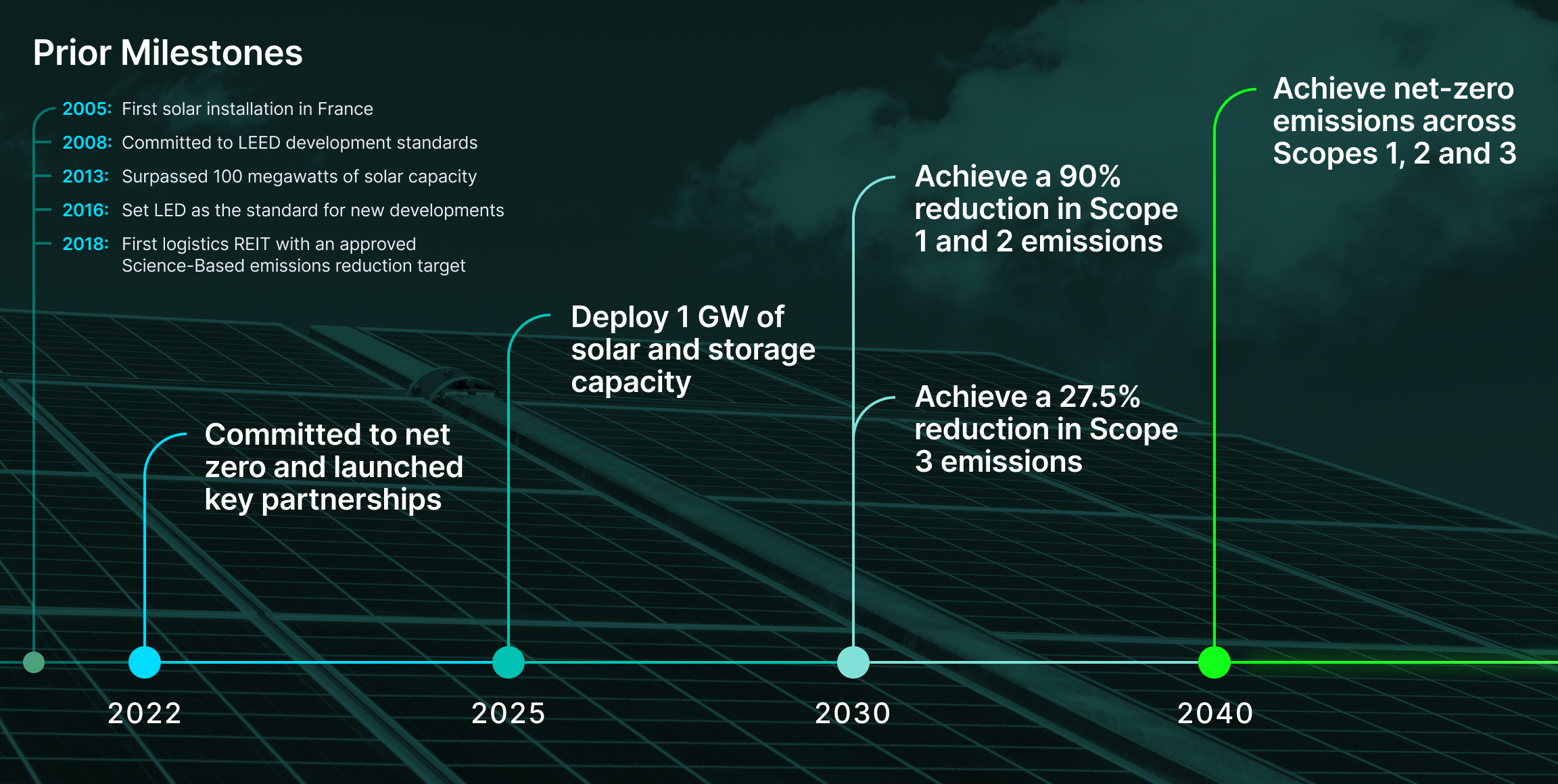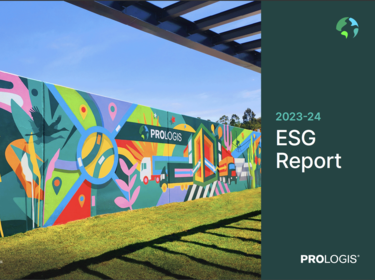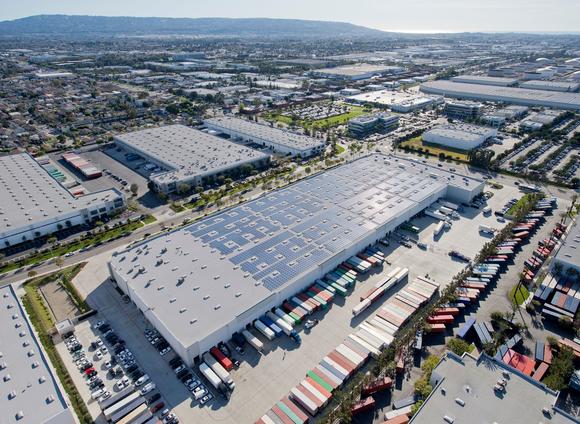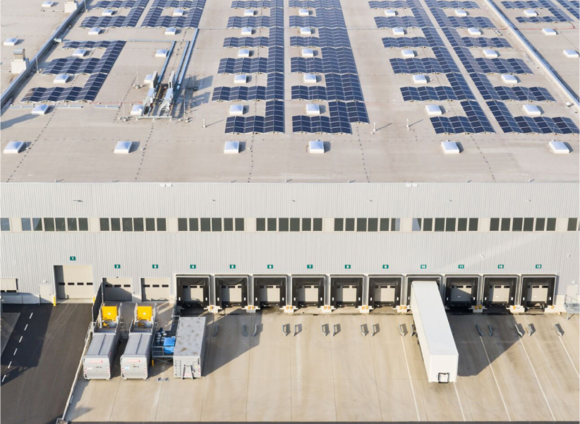
Sustainability Home
Our Approach to ESG






Building Resilient Communities
Our properties and teams play a significant role in helping build strong communities. We work with local businesses, government leaders and nonprofits to uplift communities, integrate community solar and strengthen the regions where we do business.

Driving Progress Through Economic Growth
Logistics real estate drives economic development and supports the needs of surrounding communities. Nearly 1.1 million of our customers' employees work under a Prologis roof every day.

Championing DEIB Excellence
We take great pride in our culture, which includes a deep commitment to diversity, equity, inclusion and belonging (DEIB). Diversity brings strength and innovation to our company and helps us better serve the communities where we do business.

Supporting Communities Through Action
Our philanthropy drives positive economic and environmental impact in our communities. In 2023, our employees donated more than 16,400 volunteer hours to community organizations.
Driving Global Progress
We've made significant progress toward achieving ambitious goals, improving our communities across the globe by focusing on environmental, social and governance issues. We succeed by collaborating with partners and customers and by taking real steps toward being sustainable.
500+
megawatts of onsite solar generating capacity
30,000+
people trained worldwide in logistics since 2018
53
“excellent” 2023 Net Promoter Score (NPS), the highest earned in our industry










